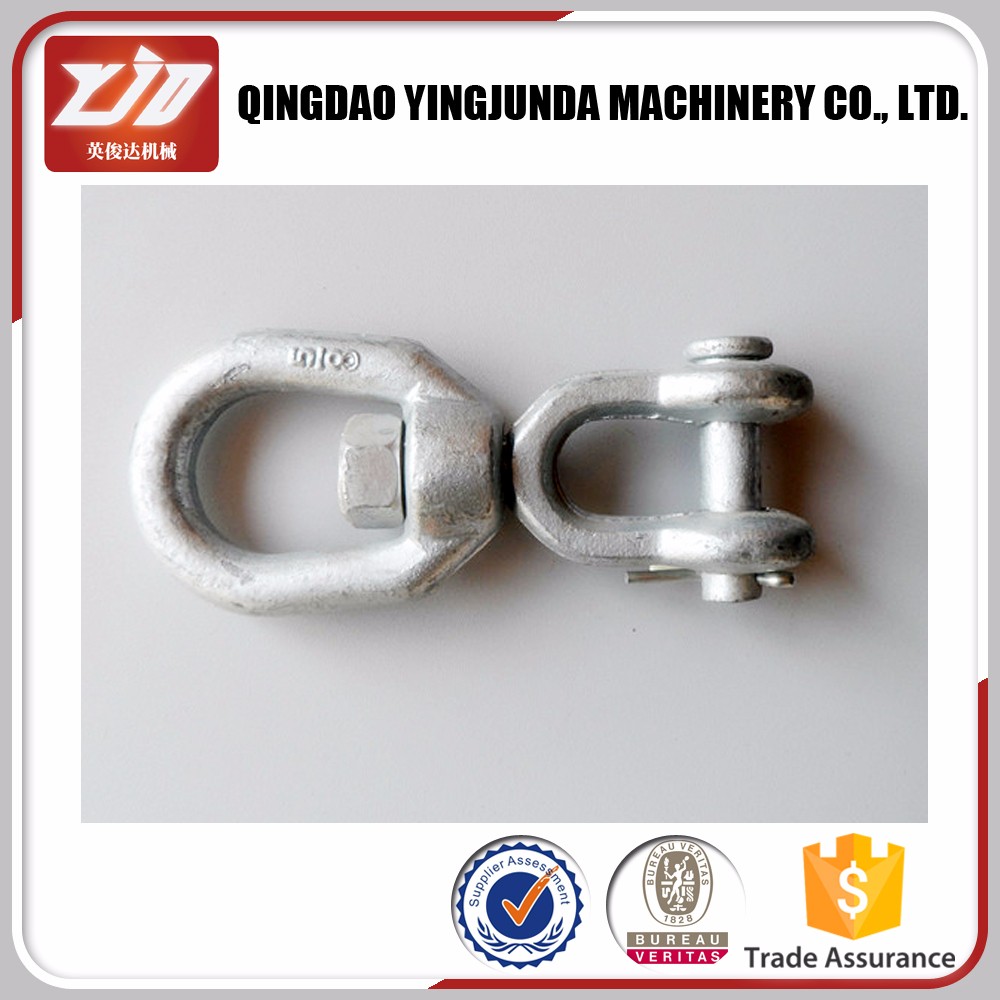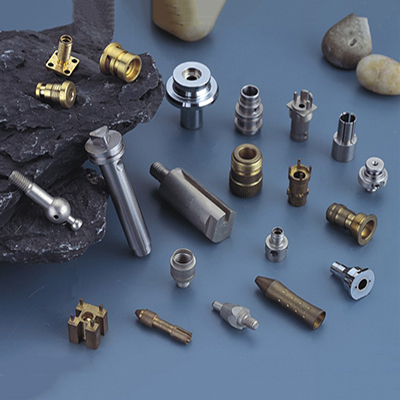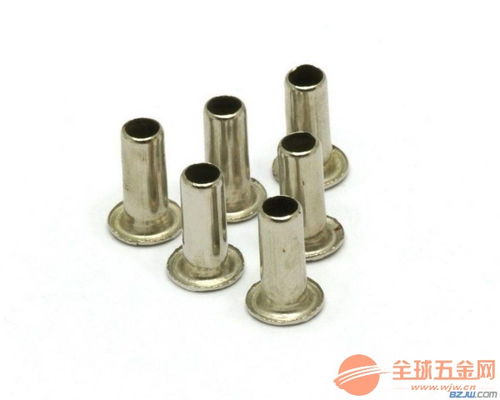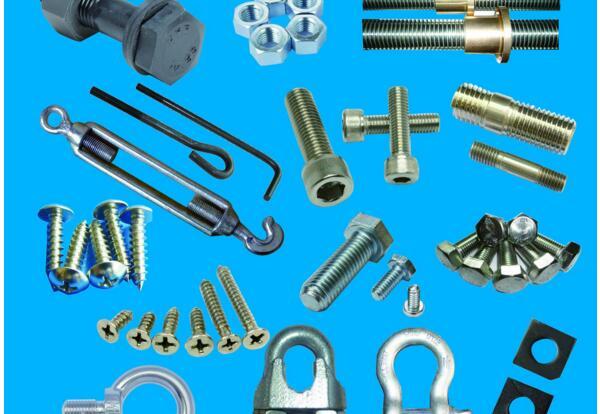Folding Table Hardware: Key Components and Their Role in Creating the Perfect Fold
Folding table hardware is a crucial aspect of creating the perfect fold in a table. It consists of various components that work together to ensure the table can be easily and smoothly folded. These components are typically made from metal or plastic materials and are designed to withstand the stress and wear that folding a table puts on them. By understanding the role each component plays in creating the perfect fold, you can ensure that your folding table is built to last and will provide years of use.
Folding tables have become a common fixture in many homes and businesses, offering a convenient and space-saving alternative to traditional dining or work tables. The beauty of these tables lies in their versatility; they can be easily folded and unfolded to suit different occasions and spaces. However, what many people don’t realize is that the hardware components used in manufacturing these tables are just as important as the material from which they are made. This article will explore the key hardware components of folding tables and how they contribute to creating a smooth, sturdy, and long-lasting product.
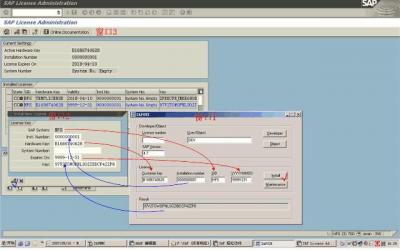
1. Table Frames
The frame of a folding table is the backbone of the entire structure. It provides support and stability, ensuring that the table can withstand the weight of objects placed on it. Frames are usually made from metal or wood, but can also be constructed from plastic or a combination of materials. In addition to being sturdy, frames should also be lightweight to ensure easy folding and unfolding.
2. Hinges
Hinges are one of the most crucial hardware components of a folding table. They attach the table’s frame to the leaves or panels that make up the tabletop, allowing them to fold together neatly when not in use. The hinges should be strong enough to support the weight of the tabletop but also allow for smooth movement. Oil-tempered steel hinges are commonly used in folding tables due to their high strength and durability.
3. Latches and Locks
Latches and locks are used to secure the table in its folded position. These mechanisms ensure that the table remains closed and compact when not in use, preventing any accidental opening or damage to the tabletop. Latches are often made from metal or plastic and are attached to the table frame using screws or bolts. Locks, on the other hand, are more complex and may require keys to open or unlock. These are commonly used in commercial settings where security is a concern.
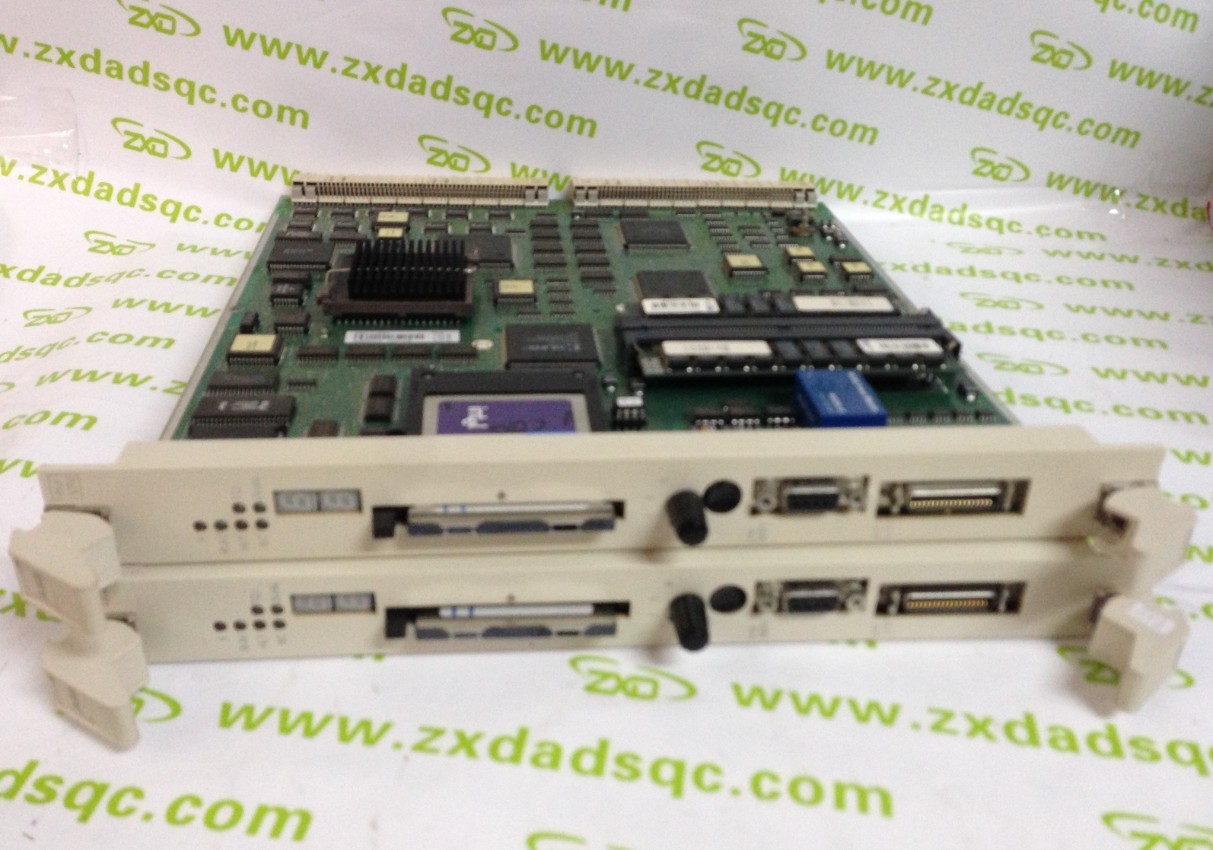
4. Tabletops
The tabletop is the part of the table that comes in contact with food or work surfaces. It should be made from a material that is durable, easy to clean, and resistant to stains or damage. Common materials used for tabletops include wood, metal, plastic, and glass. The size and shape of the tabletop will depend on the intended use of the table; for example, a small round tabletop may be suitable for a personal dining table, while a large rectangular one may be better for a commercial kitchen or restaurant setting.
5. Legs and Supports
The legs and supports of a folding table provide stability and support for the entire structure. They should be made from sturdy materials like metal or wood and should be designed to withstand the weight of the tabletop and any objects placed on it. In addition, legs should also be adjustable to accommodate different floor surfaces or seating arrangements.
In conclusion, the hardware components of a folding table play a crucial role in creating a smooth, sturdy, and long-lasting product. By understanding these components and their role in constructing a folding table, it becomes easier to troubleshoot any issues or problems that may arise during use or maintenance. Moreover, it also allows users to make informed decisions about which type of folding table best suits their needs based on factors like budget, intended use, and personal preferences regarding materials and style options available in the market today.
Articles related to the knowledge points of this article:
Title: Unlocking the Potential of Qidong Large-Scale Hardware Accessory Manufacturers
Title: The Challenges in Manufacturing of Supports for五金 Parts
Title: The Application of 5-axis CNC Milling in the Production of Hardware Accessories
Switch Hardware Accessories: An Integral Part of Electrical Systems
The article title is: Toilet hardware: essential components and their maintenance
